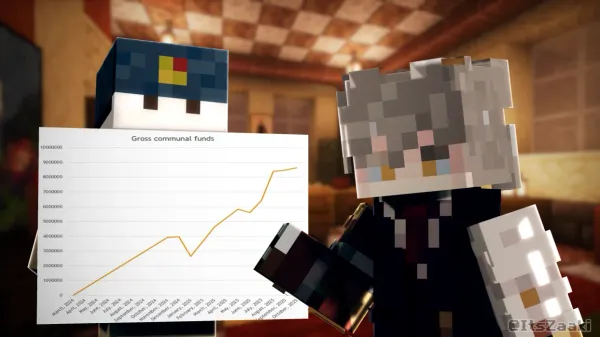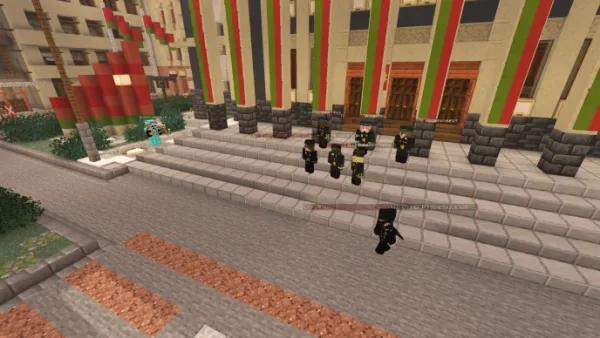Confederation Votes Fails
Zilatra Negotiators Shocked and Disappointed by Referendum Outcome
GASZALASI — Zilatran government officials woke up on January 7th to find that the public referendum to form a confederation between Zilatra and Sentara—a proposal poised to reshape Zilatra's future—had failed by a narrow margin.
The referendum sought approval for the Revised Confederation Charter, a legal instrument drafted by Comrade General Secretary Abusaja si Baqiya to unify Zilatra and Sentara into a single confederation. Despite significant government anticipation for the unification work to continue, the results fell just short of the 75% threshold required for passage. Out of 82 participants, 59 supported the charter, while 23 voted against it—missing the mark by a mere 3 votes.
The potential for a confederation between Zilatra and Sentara has loomed large in the public consciousness since the publication of the open letter Dreams of Federation by former General Secretary Comrade Yadal Krakhovich nearly two months ago. Since then, steps made during the terms of Comrade Abusaja, such as the unification of the Zilatra and Sectarian armies along with the co-integration of their markets and economies, generated a groundswell of public support for confederation.
Comrade Partisan Chair Wanja Invanovič broke the news to the public with a single message: "It failed, needed 75%". The initial reactions to the failed result were a mix of collective shock and dismay. Citizens immediately voiced calls for action—some demanding an immediate second referendum, others urging mass protests, and a few even advocating for legislative intervention by the Kelitá to overturn the results.
Within the halls of government participating in unification negotiations, many officials expressed sentiments of disappointment and frustration. Comrade Commissar Into Fa Rajo Al-Solari Al-Valentias, leader of the joint Zilatra-Sentaran army and a key member of the Unification Negotiation Committee, expressed deep frustration; noting the months of hard negotiation had just been rejected. "Months of work, three people. (...) No, I'm not joking, I'm seriously f—ing pissed."
This view was reflected by a number of other members of the Negotiation Committee and by ardent supporters of the referendum. Comrade Into Al-Valentias shared his sentiment behind the grim humour.
Government Advisors Unfazed in SEN-ZIL Unification Effort
In contrast to the initial reactions to the referendum, some government officials and advisors responded with a measured perspective in the hours and days following the vote. Officials across various levels of government emphasised that the outcome did not signify a major setback for unification efforts, expressing confidence that the charter could succeed with only a few adjustments once the public's concerns were addressed.
Supporters of the charter acknowledged that once revisions were made, a second referendum could be held in short order. Others regarded the result as a natural outcome, given the significance of the confederation proposal, emphasising that Zilatra's democratic principles inherently allow for adverse outcomes when critical decisions are brought to referendum.
Senior government advisor and former Deputy Secretary, Comrade Ahudenya si Dal, shared her thoughts on the subject, stating: "I feel that the outcry surrounding the referendum is largely unnecessary. What its failure gives us is an outline and insights on how to make a possible Conferation the most successful.
"At the end of the day, we are a democratic system, and for such a life-changing decision, it is good that we have to achieve wide consensus on it before moving forward. If it is improperly rushed, it will fail catastrophically; if we want a long term benefit, it is good to iron out all those wrinkles that will backfire later."
Comrade Representative Mun Federson also weighed in, expressing frustration bu acknowledging the realities of the process: "I was frustrated with the results too, but that's just how democracy is some times, especially when something's rushed out the door," referencing the limited time between the public forum on the confederation and the referendum.
In contract Comrade Deputy Secretary Note Kiriznia offered a far more critical response, stating bluntly: "[I've said] it before and I'll say it again, democracy simply doesn't work." ◾︎



